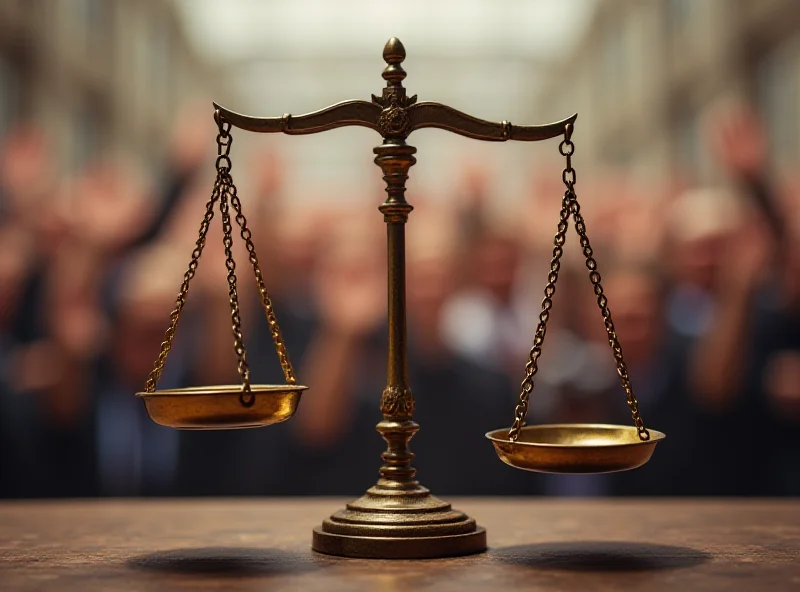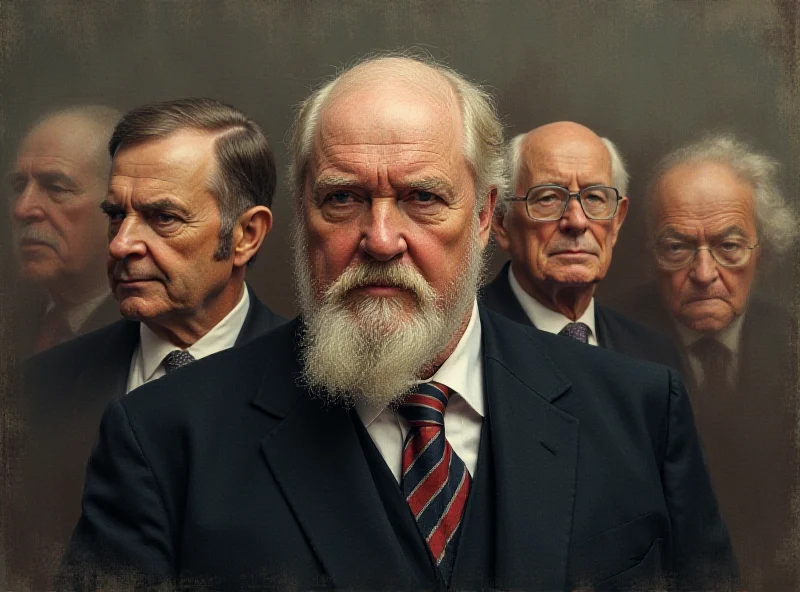Politics is a complex beast. It's not just about facts and figures; it's about beliefs, emotions, and the weight of history. Today, we're diving into three seemingly disparate stories that highlight this very point: the limitations of facts, the role of faith in public life, and the enduring impact of family legacies.
Facts Aren't Always Enough
Jacob Russell and Dennis Patterson argue that simply presenting facts isn't always enough to sway political opinion. In their analysis, they suggest that factors beyond verifiable data, such as deeply held beliefs and the spread of misinformation, often play a more significant role in shaping political outcomes. It's a sobering thought – that truth alone isn't enough to win the day.

This is powerfully illustrated by the story of a teacher whose life was irrevocably damaged by false allegations. The rapid spread of misinformation, regardless of its factual basis, had a "catastrophic" impact on every aspect of his life, demonstrating how easily reputations can be destroyed in the court of public opinion. This case underscores the importance of critical thinking and responsible information sharing in the digital age.
The Shifting Landscape of Faith and Politics
In St Albans, the City and District Council has decided to ban Christian prayers from the beginning of meetings. The rationale? To avoid excluding or alienating individuals of different faiths or those with no religious beliefs. This decision highlights the ongoing debate about the role of religion in public life and the delicate balance between tradition and inclusivity.
“We must be mindful of creating an inclusive environment for all,” a council member stated. This decision, while controversial, reflects a growing awareness of the need to create spaces where everyone feels welcome and respected, regardless of their religious beliefs.

The Weight of History: The Bismarck Dynasty
Finally, we turn to the Bismarck dynasty. Otto von Bismarck, the founder of the German Reich, left an indelible mark on history. But what about his descendants? Some attempted to follow in his footsteps, venturing into the world of politics. For some, the famous name was a boon, opening doors and providing instant recognition. For others, it was a burden, attracting ridicule and scrutiny.
The Bismarck story serves as a reminder that history never truly stays in the past. Legacies, both positive and negative, can shape the present and influence the future. Whether it's the weight of a famous name or the consequences of past actions, we are all, in some way, products of our history.

These three stories, while seemingly unrelated, offer a glimpse into the multifaceted nature of politics today. It's a world where facts are not always enough, where faith is constantly being redefined, and where the past continues to shape the present. Navigating this complex landscape requires critical thinking, empathy, and a willingness to engage in open and honest dialogue.
